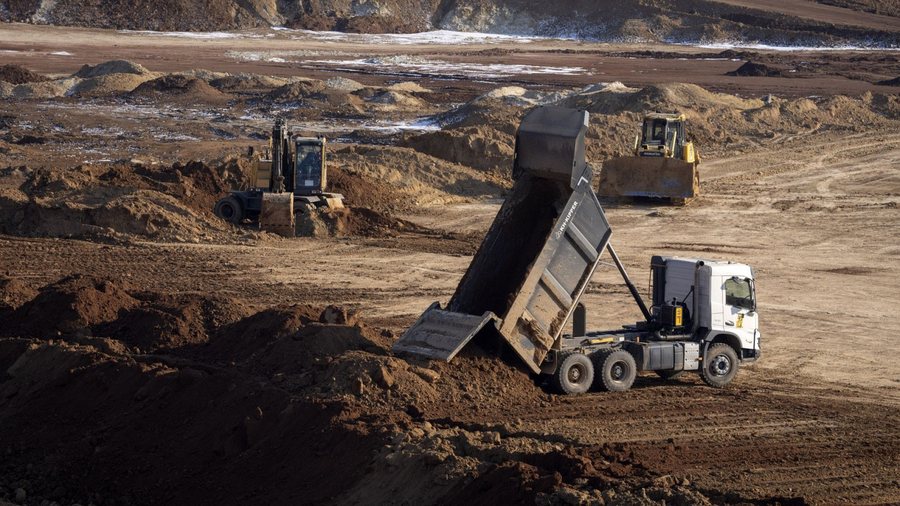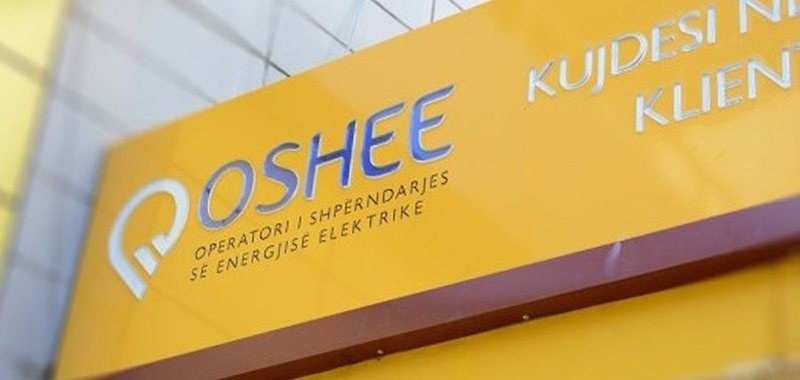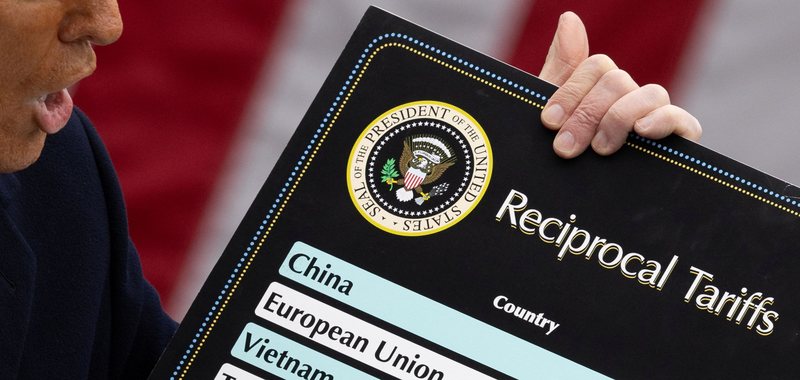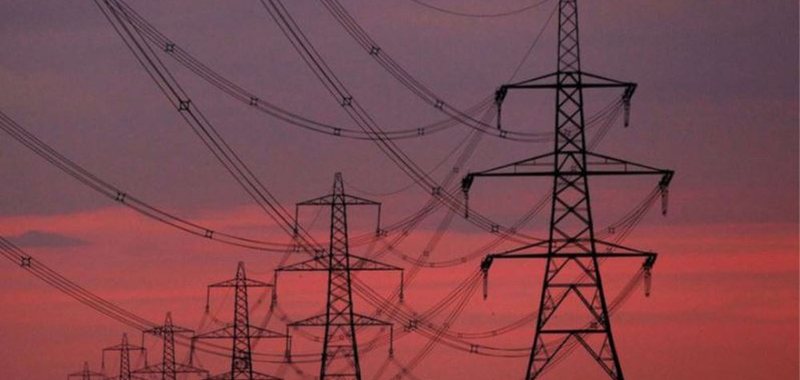US "fearful" of dependence on critical minerals - About $1 billion in funding to boost domestic production

Critical minerals and materials are essential to modern technology and industrial development, playing a key role in areas ranging from renewable energy to national defense. The United States has recognized the strategic importance of domestic access to these materials and has proposed a $935 million funding package to strengthen domestic capabilities.
Critical minerals include elements that most consumers don’t see directly, but depend on every day. There are several main categories of critical minerals, each with specific technological uses. Rare earth elements are needed to build powerful magnets used in electric car motors, wind turbines, and military equipment. Battery materials, such as lithium, cobalt, nickel, and graphite, are essential to modern energy storage technologies. Lithium-ion batteries power everything from consumer electronics to electric vehicles. Demand for them is expected to quadruple by 2030.
While semiconductor materials such as silicon, gallium and germanium are essential for the production of advanced microchips, especially for devices that operate at high temperatures and frequencies. According to the latest data from the US Geological Survey, the US is completely dependent on imports for 14 critical minerals and over 50% dependent for 31 others.
Why is the US investing in critical minerals?
The main reason for this investment is to address an early gap in supply chain security for these vital resources. First, from a national security perspective, military applications are heavily dependent on critical minerals. Rare earth magnets are essential for munitions, while certain specific metals are key components of aircraft, warships, and other defense equipment. Tools like radar, sonar, and communications systems are all built on these materials. The fact that China controls about 60% of global mining and 87% of global processing of these minerals poses a major strategic risk to the United States.
Second, this initiative is also a strategy to strengthen America's economic competitiveness in technology sectors. According to the Department of Energy, the transition to clean energy could bring new global opportunities worth up to $23 trillion by 2030. Developing domestic capacities to extract, process, and manufacture these materials helps not only drive industrial growth but also create jobs.
The transition to clean energy has significantly increased the demand for these materials. For example, an electric car contains up to six times more minerals than a car with an internal combustion engine. A wind farm needs nine times more minerals than a gas-fired power plant. The International Energy Agency predicts that the demand for these materials could increase by up to six times by 2040.
How will the $935 million fund be distributed?
About $500 million will be used to increase battery processing and manufacturing capacity in the U.S. Although the country has abundant natural resources, many of the minerals are shipped abroad for processing due to a lack of domestic capacity.
A total of $135 million will be used to strengthen the domestic supply of rare earth elements. These funds will support technologies that enable the extraction of these materials from mining waste, the development of new methods for their separation, and the scaling up of production on a commercial scale.
About $250 million will be allocated by the Office of Fossil Energy and Carbon Management to support the production of mineral byproducts from existing industrial processes. In addition, $50 million will be used to strengthen the semiconductor materials supply chain, particularly in the production of rare earth magnets. The investment will focus on gallium processing, as well as building capacity to produce the fine chemicals needed for this industry.

The fire situation in the country is improving - 57 fires have been reported in the last 24 hours, of which 29 are active
The Ministry of Defense reports that the fire situation in the country is more stabilized today. Over the last 24 hours, 57 fires have been reported, of......

Family debts to OSHEE, over 44 billion lekë - Reliefs/ New installment repayment scheme implemented, businesses also benefit
The Electricity Distribution Operator began implementing new agreements on July 21 for the installment payment of outstanding obligations until December 31,......

Fire figures, Albania far from regional records // Bosnia and Herzegovina and Montenegro, the most affected in the last decade
Data from the European Forest Fire Information System for the period 2015–2025 show that Albania has lost about 233 thousand hectares to fires, less than......

The US Dollar and the British Pound Strengthen - How Much the Major Currencies Are Exchanging Today!
The US dollar strengthened this morning, being bought today at 82.4 lek and being sold at 83.7 lek compared to the previous day according to the local......

Bitcoin reaches new record - Reason, expectations for interest rate cuts and supportive policies
Bitcoin hit a record high on Thursday as rising expectations for easier monetary policy from the Federal Reserve added support, along with recently announced......

Appeals Court Gives Trump the Green Light - Allows Government to Cut Off Billions of Dollars in Foreign Aid
A U.S. appeals court has upheld the Trump administration's decision to suspend or cut billions of dollars in foreign aid funding approved by Congress, seven......

US energy consumption heading for record levels - AI and cryptocurrencies will boost production in the coming years
The United States is expected to record electricity consumption levels during 2025 and 2026, according to a report published by the Energy Information......

Global electric car sales slow down - They grew by 21% in July. China, the main factor that slowed the pace
Global electric vehicle sales expanded 21% in July compared to the same month last year, marking the slowest growth rate since January, according to market......



















